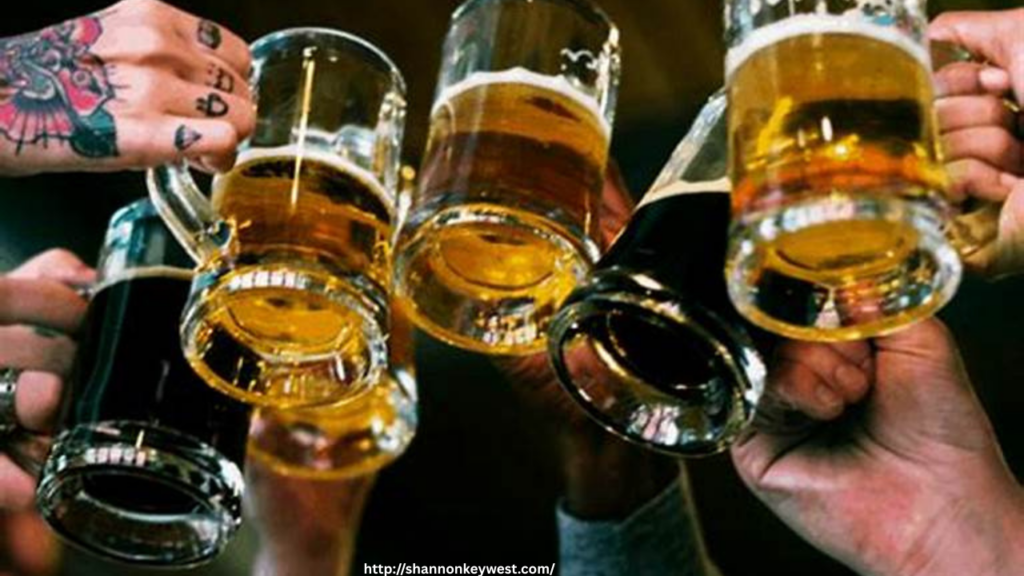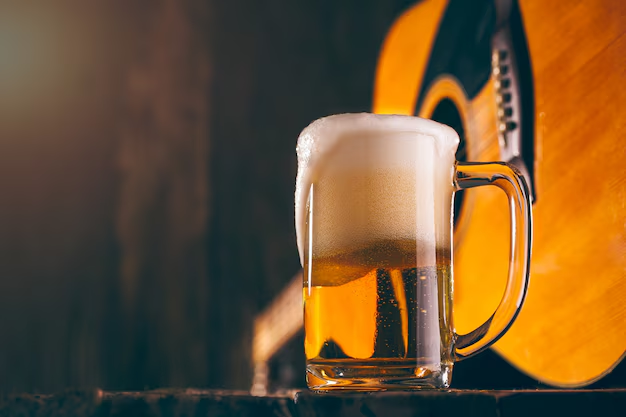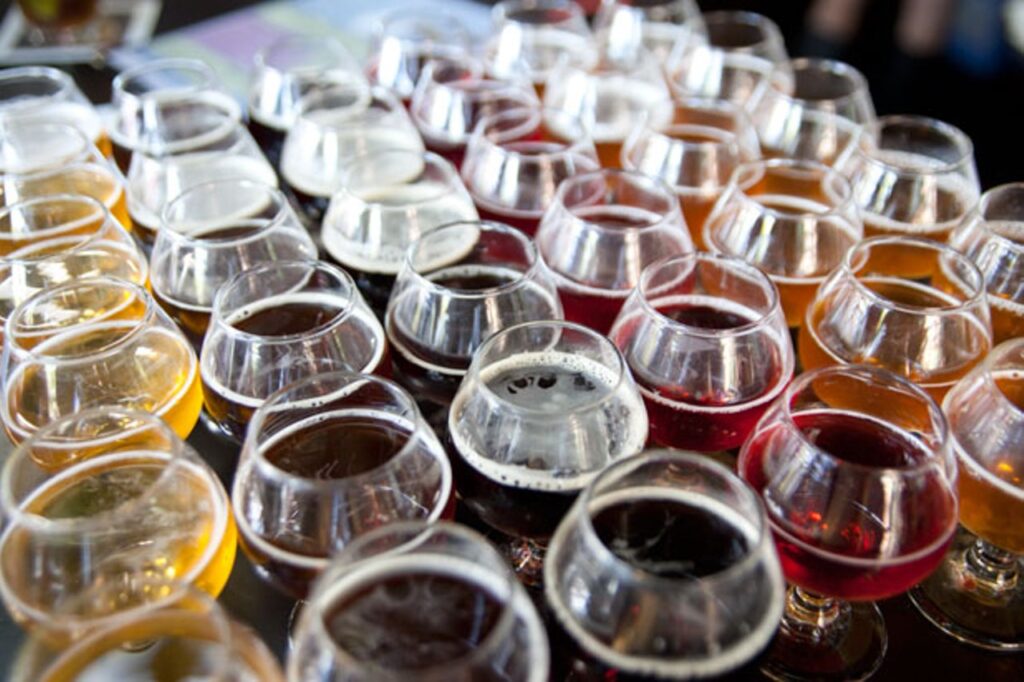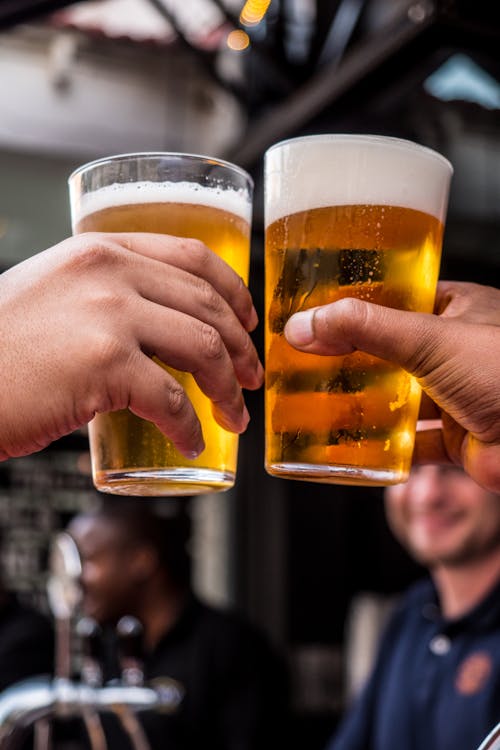
Beer drinking has been a staple of social life for centuries. For some, it’s a relaxing way to unwind after a long day, a ritual shared with friends or family, or even a way to celebrate life’s milestones. But for others, beer drinking can cross a line, shifting from a casual habit to something far more harmful. The term “beer swiller” has become colloquial, often used to describe someone who drinks beer frequently or in large quantities. But is this behavior just a harmless pastime, or could it be an indication of a deeper problem?
Understanding the difference between a casual drinker and someone struggling with addiction is crucial, not just for those affected, but for friends, family, and society as a whole. While casual drinking can remain a socially acceptable activity for many, the transition to a more compulsive habit is where the lines can blur.
The Casual Drinker: Social, Moderated, and Enjoyable
A casual drinker is someone who enjoys a beer now and then, perhaps during a weekend barbecue or a night out with friends. This person drinks in moderation, enjoys the experience, and doesn’t feel the need to drink regularly. Their beer consumption is usually linked to social events or occasional indulgence, and it doesn’t interfere with daily responsibilities or relationships.
Casual drinkers typically have control over when and how much they drink. They understand the importance of moderation and can go days or even weeks without having a drink, without experiencing any physical or emotional withdrawal symptoms. Their relationship with alcohol is balanced and often seen as part of a healthy social dynamic.
The Beer Swiller: When Drinking Becomes a Habit
A “beer swiller” is someone who consumes beer more regularly, often daily or multiple times a week. While not necessarily an alcoholic, a beer swiller may have developed a habit of drinking beer as a form of stress relief or as part of a routine. Over time, this behavior can become ingrained, to the point where beer drinking becomes a significant part of their lifestyle. The frequency of drinking might increase, but it doesn’t always lead to a complete loss of control.
However, the defining characteristic of a beer swiller lies in their reliance on alcohol. While they may not show signs of full-blown addiction, they may begin to rely on beer as a coping mechanism for stress, anxiety, or boredom. Drinking may become a way to escape negative emotions or a means to wind down after a hard day. In some cases, the habit may evolve to the point where the beer swiller feels a sense of discomfort or even cravings when they go without alcohol for extended periods.
The Fine Line: When Habit Turns Into Addiction
The transition from a casual drinker or beer swiller to someone struggling with addiction can be gradual, making it hard to spot the shift at first. Addiction to alcohol is characterized by a loss of control over drinking, cravings, and continued use despite negative consequences. When drinking starts to interfere with one’s daily life, responsibilities, and relationships, it can be a sign that the habit has crossed over into addiction.
Several warning signs indicate that beer drinking may be slipping into the realm of addiction:
- Increased Tolerance: The person needs to drink more to feel the same effects.
- Physical or Emotional Dependence: They experience withdrawal symptoms (like shaking or irritability) when not drinking.
- Neglecting Responsibilities: Drinking starts to interfere with work, relationships, or daily obligations.
- Drinking to Cope: Using beer as a way to manage stress, anxiety, or emotional pain becomes the primary reason for drinking.
While the line between casual drinking and addiction may appear blurry, it’s important to pay attention to the effects that drinking has on one’s life. Recognizing the early warning signs of alcohol addiction can prevent further escalation and encourage individuals to seek help before their drinking habits spiral out of control.
Conclusion: Knowing the Difference
The distinction between a casual drinker and a beer swiller or someone struggling with addiction is not always clear-cut. However, understanding the difference lies in recognizing the impact that alcohol has on one’s life. Casual drinkers are in control of their habits, while beer swillers may begin to rely on alcohol for emotional or psychological reasons. It’s when these patterns evolve into dependency and disrupt daily functioning that the fine line between habit and addiction becomes undeniably apparent. Awareness and early intervention are key to addressing any potential alcohol-related problems before they develop into a full-blown addiction.







